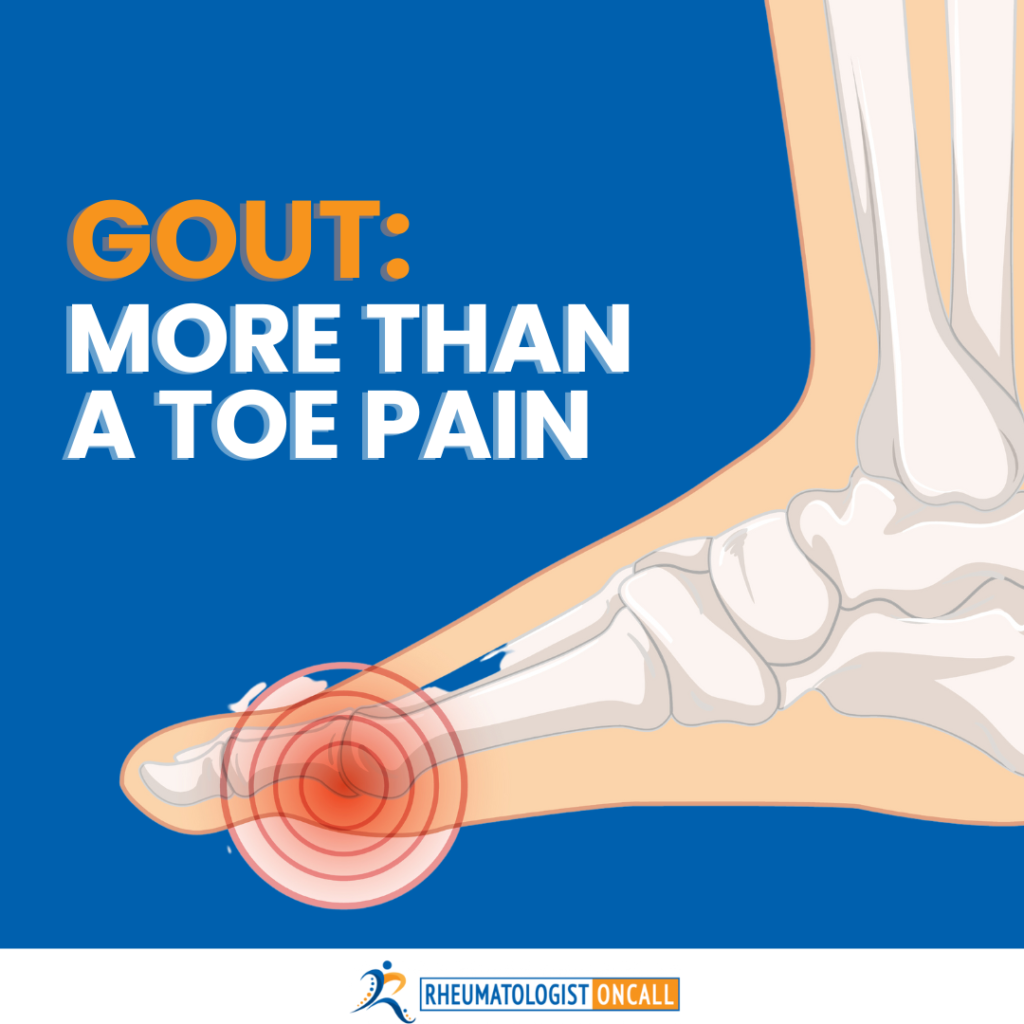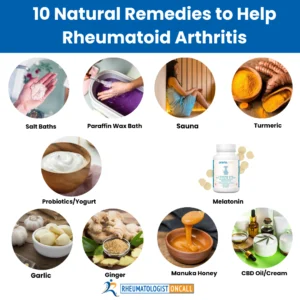SHARE
Gout, a type of arthritis caused by a buildup of uric acid in the blood, is more than just painful joints. Its profound impact stretches beyond what’s readily seen and encompasses many health implications, including escalating cardiovascular risks, obesity, metabolic syndrome, inflammation, and joint damage. In this article, I will explain these interconnected health implications of gout and discuss their relevance to long-term pain management.
The Cardiovascular Risks of Gout: The Silent Peril
Gout’s link with cardiovascular disease is not immediately apparent, but it’s a connection that is solidly backed by science. As explored in my previous blog posts and YouTube videos, conditions like obesity, high blood pressure, and high cholesterol levels are common risk factors for cardiovascular disease and gout.
The hyperuricemia characteristic of gout, marked by excess uric acid in the blood, can lead to urate crystals depositing in various organs, including the heart, accelerating cardiovascular disease development.
In fact, the cardiovascular risks associated with gout are considerable. Numerous studies have shown that gout sufferers face a higher risk of cardiovascular events such as heart attacks and strokes. Elevated uric acid levels can contribute to atherosclerosis, a condition characterized by hardening arteries, thereby increasing the risk of heart disease and stroke.
Gout and Obesity: A Vicious Cycle
Gout and obesity often go hand in hand, forming a vicious cycle that exacerbates both conditions. Overweight and obesity raise the risk of developing gout, leading to weight gain due to reduced mobility and lifestyle changes. Maintaining a healthy weight is crucial for managing gout and mitigating its symptoms.
Gout and Metabolic Syndrome: The Unseen Connection
One of the most underappreciated aspects of gout is its link with metabolic syndrome – a group of conditions that increase the risk of heart disease, stroke, and type 2 diabetes. These conditions include high blood pressure, high blood sugar, excess body fat around the waist, and abnormal cholesterol or triglyceride levels. The chronic inflammation and hyperuricemia seen in gout often contribute to metabolic syndrome, setting off a chain reaction of health issues.
Gout and Chronic Inflammation: The Long-Term Implications
Inflammation plays a crucial role in gout. It’s the body’s natural response to the urate crystals that form in joints due to high uric acid levels. This inflammatory response results in intense pain and swelling associated with gout attacks.
However, the implications of this inflammation stretch beyond immediate gout attacks. Chronic inflammation can lead to other health conditions, including heart disease and metabolic syndrome.
Gout and Joint Damage

Frequent gout attacks can lead to long-lasting damage to the joints. This damage is a source of persistent pain and contributes to decreased mobility and compromised quality of life.
Chronic pain is a common sequelae of gout. It’s often a result of prolonged inflammation and joint damage. Managing this pain is critical to gout treatment as it may impact overall well-being and daily functionality.
Rheumatologist OnCall: Your Ally in Understanding and Managing Gout
If you’re grappling with gout and its associated health implications, remember, you’re not alone. Rheumatologist OnCall is here to assist you. As highlighted in our recent blogs and YouTube channel, understanding gout is the first step toward effective management.
At Rheumatologist OnCall, we provide a comprehensive approach to managing gout that encompasses medication and lifestyle modification guidance, diet advice, and support for associated conditions like obesity, metabolic syndrome, and cardiovascular disease.
Everyone’s gout journey is unique, so the management should be personalized too. We consider your circumstances, health conditions, and needs to formulate a management plan that works best for you.
Feel free to contact us if you need assistance managing gout and its related health implications. We’re just a call away.














